Pitzer College Art Galleries
Pitzer College Art Galleries believes in the power of art to inspire and transform. Our exhibitions and programming provide a space for inquiry and reflection, featuring works from emerging and established artists that engage with contemporary issues, explore diverse perspectives, and challenge the boundaries of visual art.
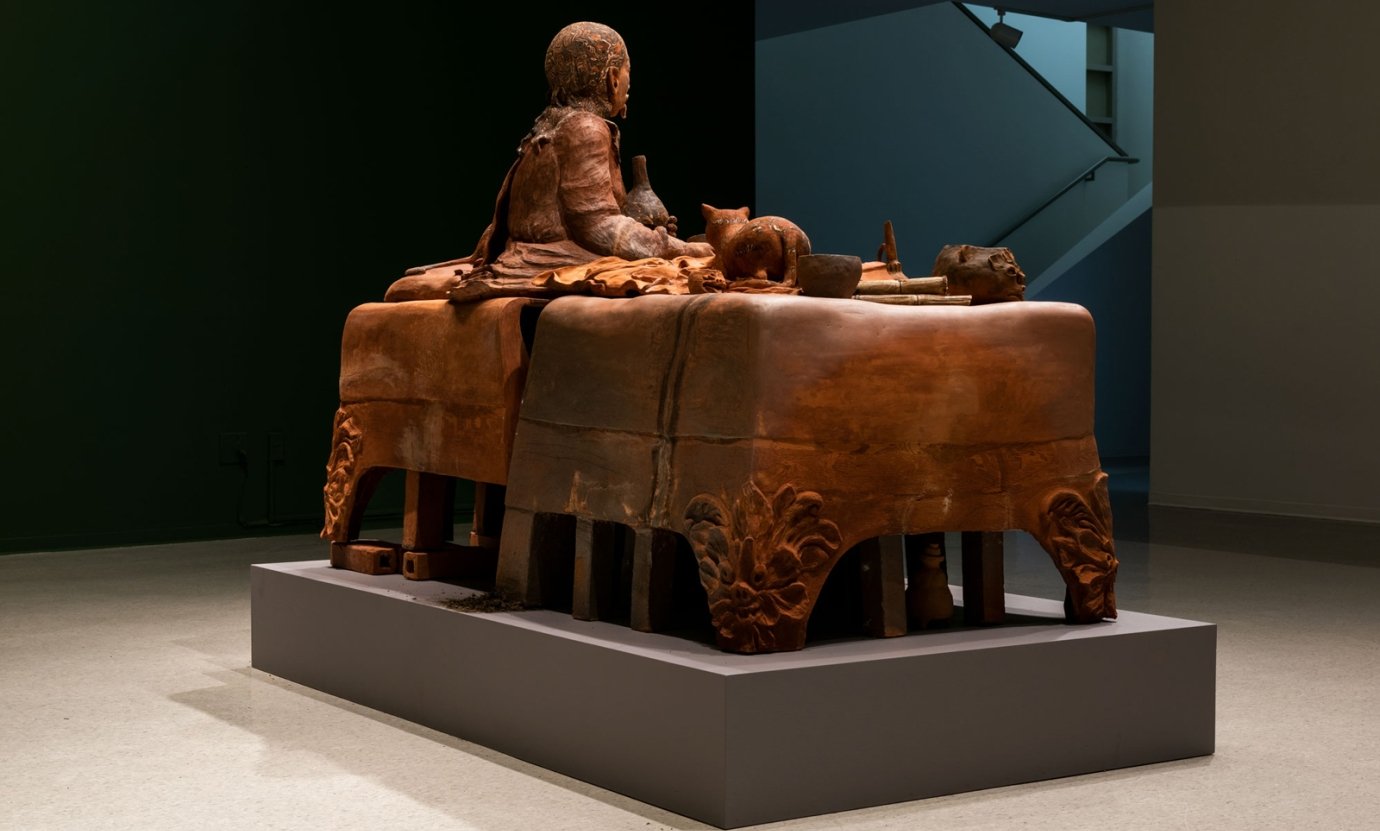
On View and Upcoming
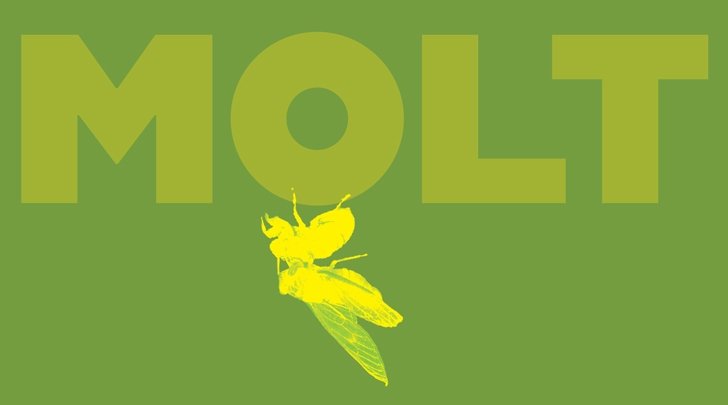
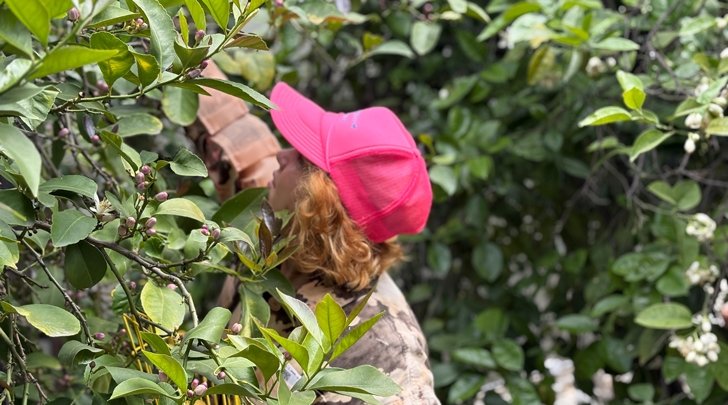
Residency Opportunities 2025-26
Summer Residencies for Artists Affected by the Eaton Fire
Apply for a Summer 2025 Studio Residency; Deadline: May 23, 2025
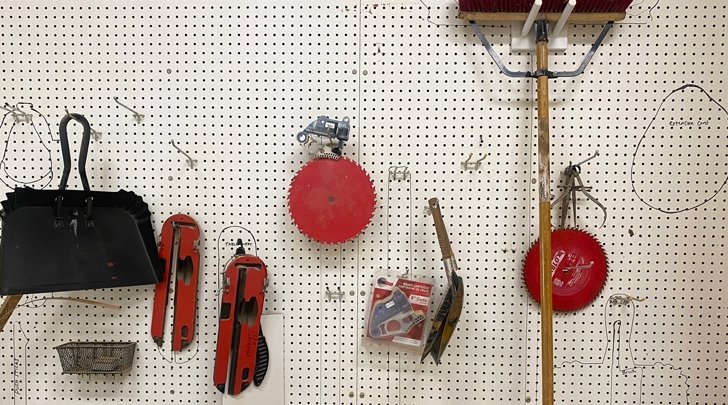
AAIR: Archiving Altadena 2025-26 OPEN CALL
10-Month Residency Focused on Community Archiving; Deadline: May 30, 2025
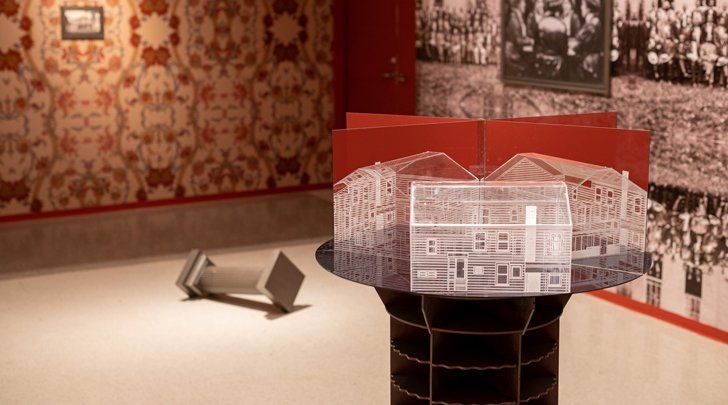
Visit
While exhibitions are on view, Pitzer College Art Galleries are open Tuesdays through Saturdays, 12:00 to 5:00 pm
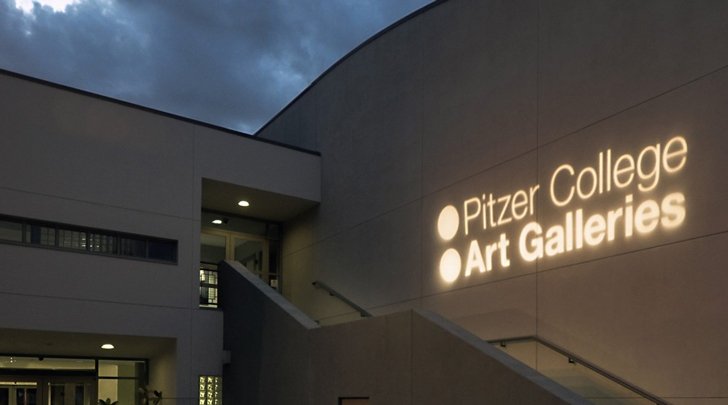
Visit Pitzer College Art Galleries
Directions, Parking, Accessibility and morePast Exhibitions
Explore the exhibition history of Pitzer College Art Galleries through November 2007.
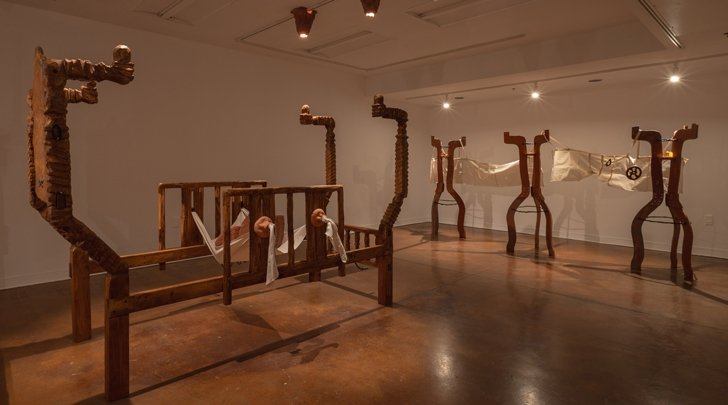
Pitzer College Art Galleries in the News

Featured
Vincent Valdez’s Pepper Lecture Unpacks Thwarted American Dream
Ahead of the 2024 election, the multidisciplinary artist discusses the forgotten, ugly truths of America on October 24.